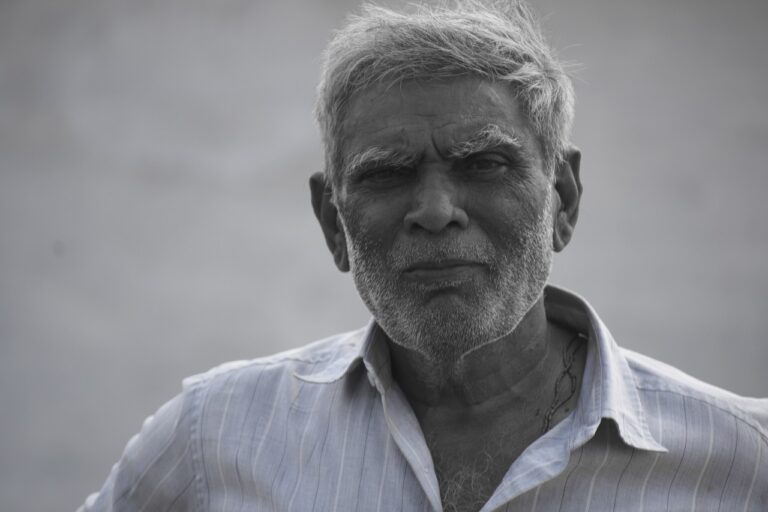The Psychology of Social Influence in Event Social Media Campaigns: Betsbhai9, Radha exchange, Lotus 365 login
betsbhai9, radha exchange, lotus 365 login: Social media has become an essential tool for marketers looking to engage with their target audience and promote events. Event social media campaigns utilize various strategies to attract attendees and create a buzz around the event. One crucial aspect of these campaigns is the psychology of social influence, which plays a significant role in shaping people’s perceptions and behaviors.
Understanding how social influence works can help event organizers create more effective social media campaigns that drive engagement and ultimately increase attendance at their events. In this article, we will explore the psychology of social influence in event social media campaigns and provide insights into how to leverage these principles to maximize the impact of your marketing efforts.
Social Proof
One of the most powerful forms of social influence is social proof, which is the concept that people will conform to the actions of others under the assumption that those actions are reflective of the correct behavior. In event social media campaigns, social proof can be harnessed by showcasing testimonials from past attendees, highlighting the number of people who have already registered, or featuring influencers who endorse the event.
Scarcity
Scarcity is another psychological principle that can be leveraged to drive engagement in event social media campaigns. By creating a sense of urgency or limited availability, organizers can tap into people’s fear of missing out and motivate them to take action sooner rather than later. Countdown timers, exclusive offers for early registrants, or limited-edition merchandise can all help create a feeling of scarcity around the event.
Authority
People are more likely to follow the lead of someone they perceive as an authority figure. In event social media campaigns, organizers can leverage this principle by partnering with industry experts, thought leaders, or celebrities who can lend credibility to the event. By associating the event with respected figures in the field, organizers can increase the perceived value of attending and attract a larger audience.
Reciprocity
Reciprocity is the idea that people feel obligated to return favors or gestures of goodwill. In event social media campaigns, organizers can harness this principle by offering exclusive content, discounts, or giveaways to followers who engage with their posts or share them with their networks. By giving something of value upfront, organizers can create a sense of reciprocity that motivates people to reciprocate by attending the event.
Consistency
Consistency is the principle that people strive to act in ways that align with their beliefs and values. In event social media campaigns, organizers can encourage consistency by framing attendance at the event as a natural extension of followers’ interests or goals. By highlighting the ways in which the event aligns with attendees’ values or aspirations, organizers can increase the likelihood of conversion and drive higher attendance rates.
FAQs:
Q: How can I measure the effectiveness of social influence in my event social media campaign?
A: You can track key metrics such as engagement rates, click-through rates, and conversion rates to gauge the impact of social influence on your campaign. Additionally, conducting surveys or collecting feedback from attendees can provide valuable insights into the effectiveness of your strategies.
Q: What are some common pitfalls to avoid when leveraging social influence in event social media campaigns?
A: One common pitfall is over-reliance on influencers or celebrities without considering whether they align with the values and interests of your target audience. Additionally, failing to provide genuine value or incentives to followers can lead to a lack of engagement and ultimately, low attendance rates.
Q: How can I build credibility and authority in my event social media campaign?
A: To build credibility and authority, consider partnering with industry experts, thought leaders, or reputable organizations that can vouch for the quality and value of your event. Additionally, showcasing testimonials from past attendees or sharing success stories can help establish trust and credibility with your target audience.
In conclusion, understanding the psychology of social influence is essential for creating successful event social media campaigns that drive engagement and increase attendance. By leveraging principles such as social proof, scarcity, authority, reciprocity, and consistency, organizers can create compelling campaigns that resonate with their target audience and ultimately, drive results.







